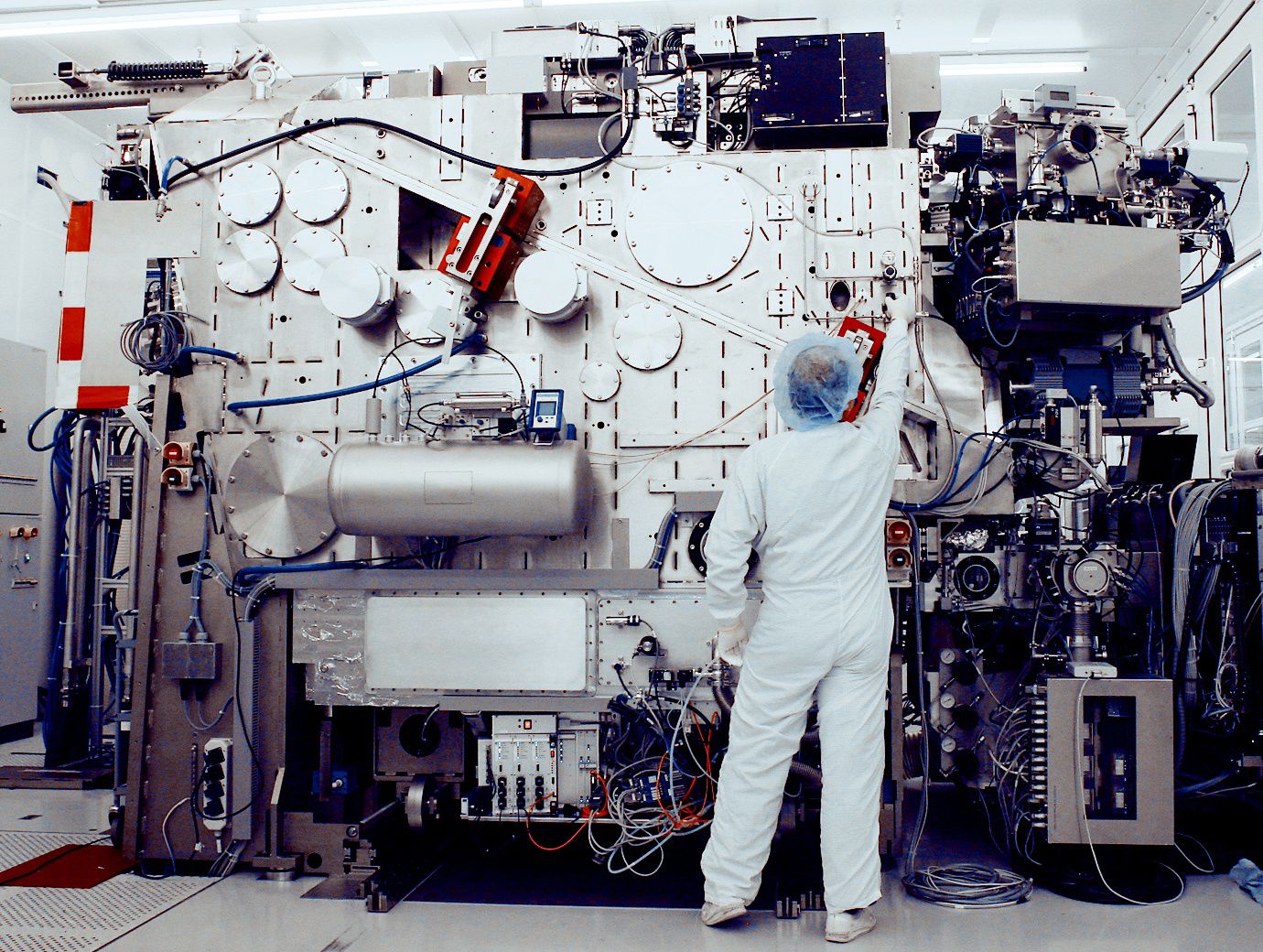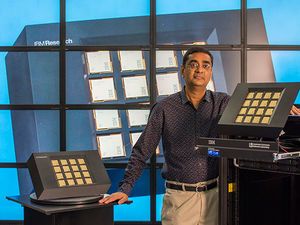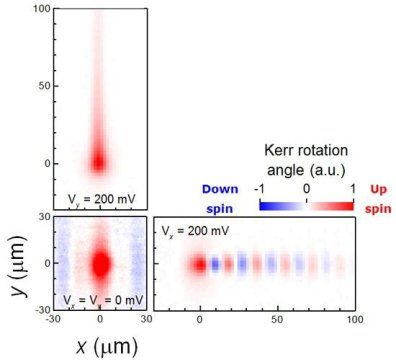Archive for the ‘computing’ category: Page 809
Apr 7, 2016
Solar Cells Will be Made Obsolete
Posted by Klaus Baldauf in categories: computing, nanotechnology, solar power, sustainability
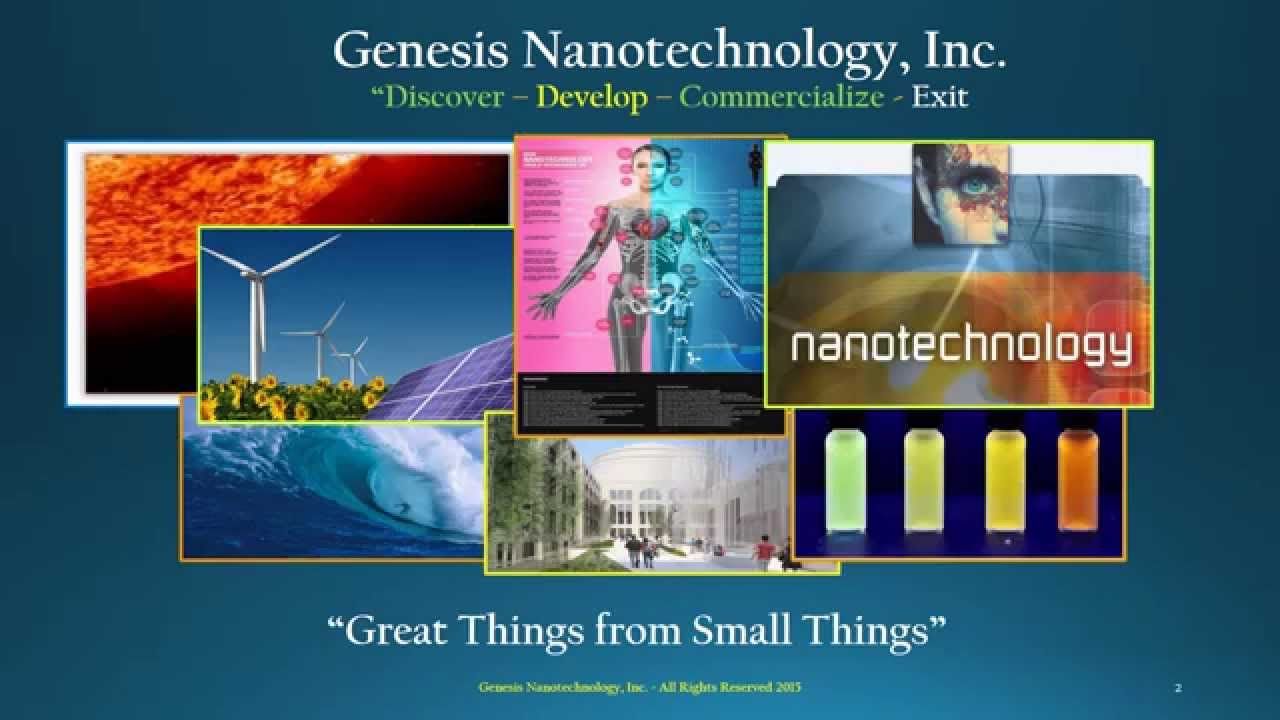
A new kind of nanoscale rectenna (half antenna and half rectifier) can convert solar and infrared into electricity, plus be tuned to nearly any other frequency as a detector.Right now efficiency is only one percent, but professor Baratunde Cola and colleagues at the Georgia Institute of Technology (Georgia Tech, Atlanta) convincingly argue that they can achieve 40 percent broad spectrum efficiency (double that of silicon and more even than multi-junction gallium arsenide) at a one-tenth of the cost of conventional solar cells (and with an upper limit of 90 percent efficiency for single wavelength conversion).
Apr 7, 2016
MIT researchers develop 3D printing process that creates fully functional robots as soon as they come off printer
Posted by Karen Hurst in categories: 3D printing, computing, robotics/AI
Researchers at MIT’s Computer Science and Artificial Intelligence Laboratory (CSAIL) have developed a new 3D printing process that creates fully functional robots from the moment they come out of the printer.
MIT process of robot making is quite streamlined, as the robot’s solid and hydraulic parts are created in one step. CSAIL Director Daniela Rus, who oversaw the project, said that their approach of printable hydraulics is a step ahead in the rapid fabrication of functional machines.
The single-step process involves printing a small six-legged robot that crawls with the help of 12-hydraulic pumps embedded in its body. Working of the printer includes inkjet printer deposits drops of material quite small in size. The object is printed layer wise from bottom to the top. High-intensity UV light solidifies the materials that were used to create the object.
Apr 7, 2016
Apple patents laptop with a new keyboard
Posted by Shailesh Prasad in category: computing
Apr 7, 2016
BMW opts to incorporate HTC Vive VR headsets and mixed reality into the development of new vehicle models. Computer images instead of laboriously constructed draft models: greater flexibility, faster results and lower costs
Posted by Shailesh Prasad in categories: augmented reality, computing, transportation, virtual reality
Munich. BMW has become the first car manufacturer to introduce a mixed reality system into vehicle development that has been devised entirely using components from the computer games industry. This offers some significant advantages over the VR systems that have existed to date, and is the first step towards making virtual reality a very real part of many developer workstations in the not-too-distant future.
The adoption of this computer system makes it possible to save a great deal of time and effort, especially during the early stages of development. VR investigations could previously only be conducted at costly specialised facilities. By incorporating consumer electronics, the developers gain an unprecedented degree of flexibility, because any modifications can be implemented and tested very quickly. In addition to this, developers around the globe will be able to take part in the decision-making process from their own office without having to travel too far. Only once the draft designs have been approved with the help of the 3D headsets will they actually be built for further testing.
BMW has been employing VR systems in the development process since the 1990s. It is now reaffirming its pioneering status by systematically implementing technology from a sector which has not previously been the focal point of industrial applications. Since this spring, components from the computer games industry have been allowing engineers and designers to immerse themselves more and more often in virtual worlds that are increasingly realistic. The shorter innovation cycles of consumer electronics result in a far wider scope of functions together with lower costs. This thereby enables more vehicle functions to be translated to a VR model in ever more realistic fashion. It is furthermore possible to scale the system to many different developer workstations with little effort.
Apr 7, 2016
Digital Marketing CCO: How Quantum Computing Will Change Work As We Know It
Posted by Karen Hurst in categories: computing, quantum physics, robotics/AI
Imagine robotics and other AI on QC; because it is coming and on a very large scale.
The computer chip has now reached middle age. Like most of us in middle age, it is not as sprightly as it once was, and is set to be superseded by younger forms of computing. Enter the quantum computer. It’s set to transform our lives, the way we work and play.
What exactly is quantum computing?
Continue reading “Digital Marketing CCO: How Quantum Computing Will Change Work As We Know It” »
Apr 7, 2016
Self-Taught Robot Is Ready to Seize Another Warehouse Job
Posted by Shailesh Prasad in categories: computing, robotics/AI
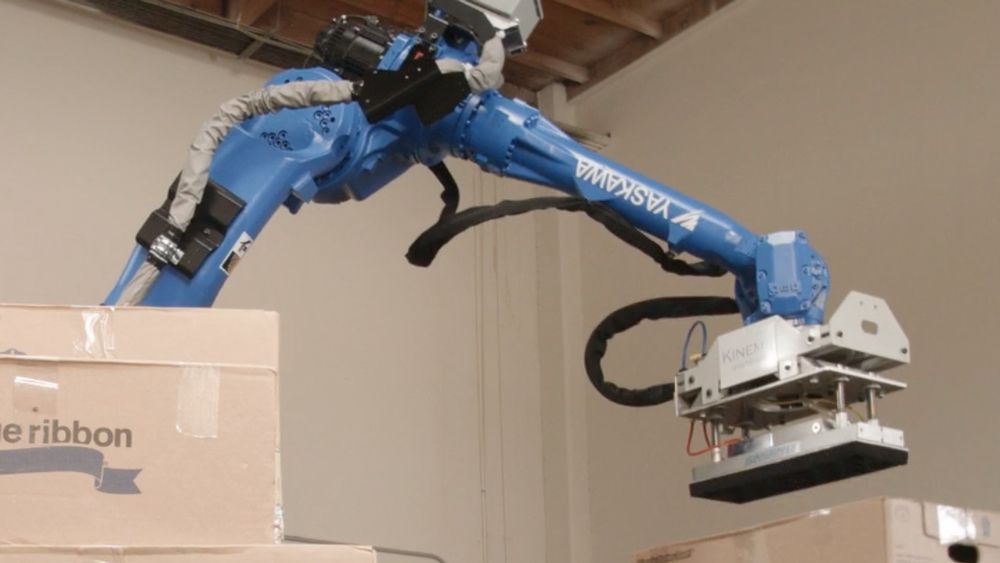
A new robot uses computer vision and machine learning to break down pallets of boxes faster than human workers.
Apr 7, 2016
Human Brain Project’s Research Platforms Released
Posted by Shailesh Prasad in categories: biotech/medical, computing, neuroscience
30.03.16 — Public Release of Platforms Will Help Advance Collaborative Research in Neuroscience, Medicine, and Computing
The Human Brain Project (HBP) is pleased to announce the release of initial versions of its six Information and Communications Technology (ICT) Platforms to users outside the Project. These Platforms are designed to help the scientific community to accelerate progress in neuroscience, medicine, and computing.
The Platforms released today consist of prototype hardware, software tools, databases and programming interfaces, which will be refined and expanded in a collaborative approach with users, and integrated within the framework of a European Research Infrastructure. The public release of the Platforms represents the end of the Ramp-Up Phase of the HBP and the beginning of the Operational Phase.
Continue reading “Human Brain Project’s Research Platforms Released” »
Apr 7, 2016
How Livermore Scientists Will Put IBM’s Brain-Inspired Chips To The Test
Posted by Shailesh Prasad in categories: computing, neuroscience
Apr 6, 2016
Long-distance transport of electron spins for spin-based logic devices
Posted by Karen Hurst in categories: computing, quantum physics
Almost all electronic devices operate by using an electron charge controlled by electrical means. In addition to a charge, an electron has a spin as a magnetic property. A groundbreaking concept for information processing based on electron spins is proposed using electron spins in semiconductors. Quantum computing enables us to exceed the speed of conventional computing and a spin transistor reduces energy consumption.
However, electron spins have yet to be used in realistic electronic devices except as part of magnetic devices for information storage. The reason is that spin polarization in a semiconductor is easily randomized, and consequently, it is difficult to transport spin polarization over a long distance.
An electron spin itself is a quantum spin angular momentum. Electrical transport and the manipulation of spin polarization are essential technologies if electron spins are to be employed in a device.
